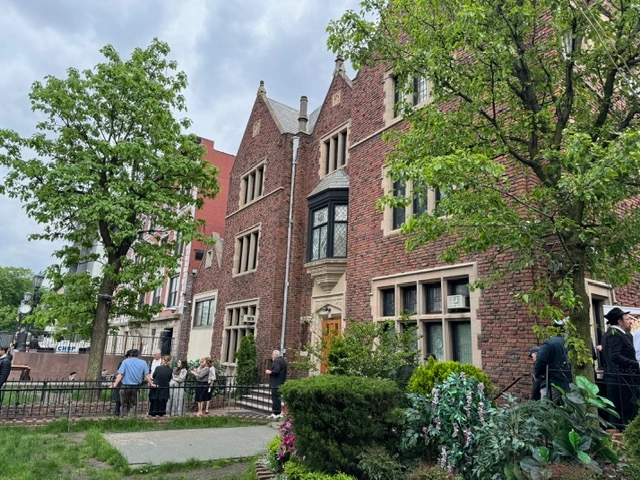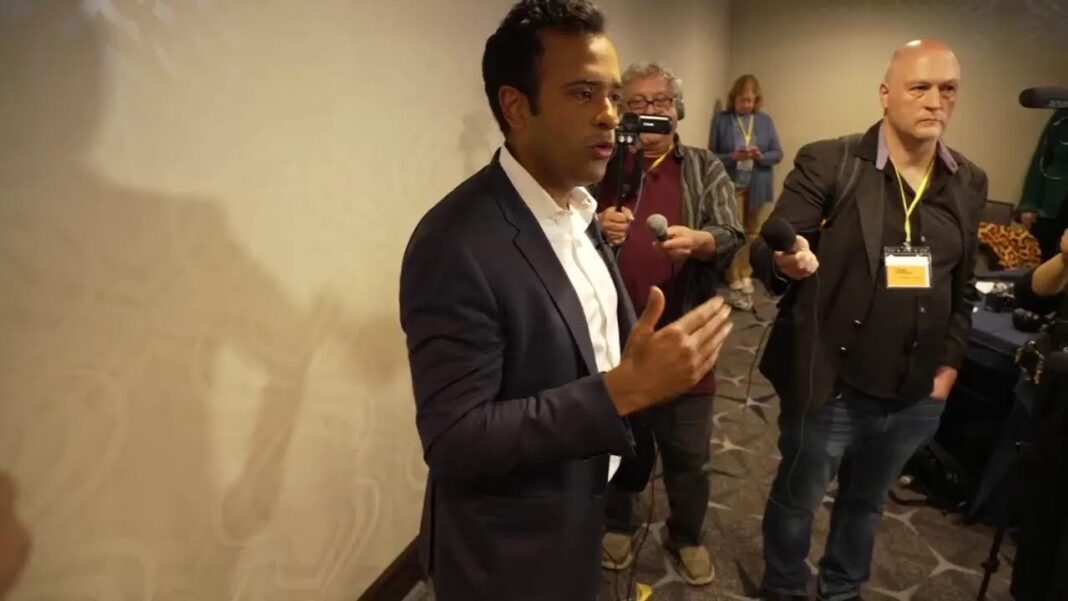I was there because of a journey I have been on of a spiritual nature that is also a search for my roots.
I’m no expert in boiler rooms. I can’t remember the last time I was in one. These days they seem to be a thing of the past, the once ubiquitous oil trucks superseded by modern means of heating.
But I do remember the one in my Manhattan building when I was around eight. It was a dank and musty place in the basement I would sneak through on my way to play stickball with the superintendent’s son in the courtyard. The neighbors didn’t like the noise.
So it was with a combination of amusement and nostalgia that I listened to a rabbi from Atlanta—the opening speaker for “Shabbat in the Heights” (Crown Heights, Brooklyn)—refer to the room I was sitting in with roughly 400 others as “the boiler room of Judaism” (i.e., where the religion’s ideas sprung from).
The rabbi also was smiling when he made that characterization, but I could see he was serious, and there is a good argument he was right—and not just because the room in which we were sitting indeed resembled a boiler room at least in its austerity, though much bigger than any I could remember. One could say it was deliberately down market, yet people had come from all over the world for the event to sit on hard wooden chairs and benches. (There was, however, an incentive: plenty to eat, a well-known Jewish tradition. Also, other rooms were less austere. In fact, some were opulent.)
I was there because of a journey I have been on of a spiritual nature that is also a search for my roots.
This was all happening at the 770 building (770 Eastern Parkway), ground zero for the Chabad-Lubavitcher movement.
A Different Education
The group organizing the gathering—the Jewish Learning Institute (JLI) of the same Hasidic movement—I discovered had become the biggest purveyor of Jewish education in the world. I was not entirely surprised because my wife and I had been taking their excellent courses from Rabbi Yitzchok Tiechtel of Chabad of Nashville. We both had been Ivy Leaguers years ago, in better times for those schools, but now we were engaged in study that was in many ways deeper and more personally fulfilling.
One course was an introduction to Kabbalah—a subject too complex to discuss here (and at which I am only a beginner), but both of us were intrigued by the startling similarity between the Kabbalistic view of creation and aspects of particle physics and cosmology. It was the most satisfying explanation of creation either of us had heard before and worthy of much further study.
Read Full Article on TheEpochTimes.com









